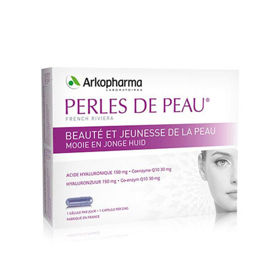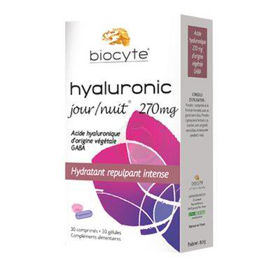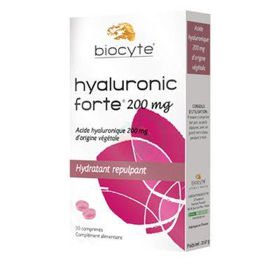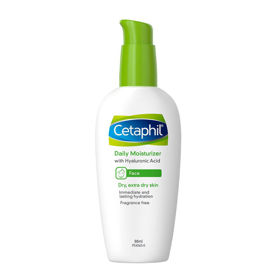Customer question:
How can hyaluronic acid be used to alleviate joint pain? Anonymous customer's question
Pharmacist's answer:
Hyaluronic acid injections can be used to relieve joint pain, especially in cases of osteoarthritis, especially in weight-bearing joints. If you have joint pain, you must consult a doctor, such as an orthopedist or a rheumatologist. These professionals will assess your medical condition, including the level of joint damage, and determine whether hyaluronic acid injections are an appropriate treatment option for you.
Before the injection, the doctor will clean and sterilize the injection site to reduce the risk of infection. The doctor will use a thin needle to inject a specific type of hyaluronic acid product into the affected joint. The procedure is usually performed in a doctor's office or clinic. Hyaluronic acid injections are intended to replenish the synovial fluid in the joint. Synovial fluid acts as a lubricant and shock absorber in the joint, enabling smooth movement and cushioning impact.
In osteoarthritis, the natural hyaluronic acid in the joint can become less dense, which can cause pain, stiffness, and reduced mobility. After hyaluronic acid injections, many individuals experience pain relief. This type of relief can vary from person to person but often lasts up to several months. Some people may experience longer relief.
Depending on the specific hyaluronic acid product used and the individual's response, repeated injections may be necessary. Some people find they need injections at regular intervals to maintain pain relief. It is essential to know that hyaluronic acid injections are not a cure for joint diseases but rather a treatment to manage symptoms.
The effectiveness of hyaluronic injections can vary from person to person. Before choosing this treatment, discuss the potential risks and benefits with your doctor. As with any medical procedure, consult your doctor for a thorough evaluation and personal advice on managing your joint pain, including the possible use of hyaluronic acid injections.
Are there joint ointments or creams with hyaluronic acid?
Yes, some joint ointments and creams contain hyaluronic acid and are designed to relieve joint pain. These topical products are formulated to be applied directly to the skin over the affected joint. Although they may not be as powerful as hyaluronic acid injections for severe joint disease, they can relieve mild to moderate joint discomfort and provide local relief.
It is important to note that the effectiveness of dermal hyaluronic acid products may vary, and their results may be more modest compared to injectable hyaluronic acid treatment. The relief provided by dermal products can be temporary and require pretty frequent use. They are best suited especially for individuals with mild to moderate joint discomfort and those who prefer to avoid oral or injectable medications.
Are there any hyaluronic acid supplements to relieve joint problems?
Yes, hyaluronic acid supplements are available to relieve joint pain. These supplements usually come in the form of oral capsules or tablets. The primary goal of these supplements is to support joint health and potentially alleviate joint pain, especially in conditions such as osteoarthritis. It is important to note that the effectiveness of hyaluronic acid supplements for joint pain relief is the subject of ongoing research, and results may be mixed.
While some individuals find them helpful, others may not experience significant benefits. These supplements should be part of a comprehensive approach to joint health, including lifestyle changes, physical therapy, and other treatments your doctor prescribes. Always consult your doctor before starting any new nutritional supplement regimen.
Which active ingredients are most often contained in dietary supplements for joints?
Food supplements for joint health often contain a variety of active ingredients. Some of the most common active ingredients in joint health supplements include:
- glucosamine
- chondroitin
- hyaluronic acid
- vitamins and minerals
- methylsulfonylmethane (MSM)
- turmeric and curcumin
- collagen
- Boswellia
- ginger
- omega-3
- bromelain
- pine
Interesting reading: Echinacea tincture












 Facebook
Facebook
 Instagram
Instagram
 info@moja-lekarna.com
info@moja-lekarna.com

